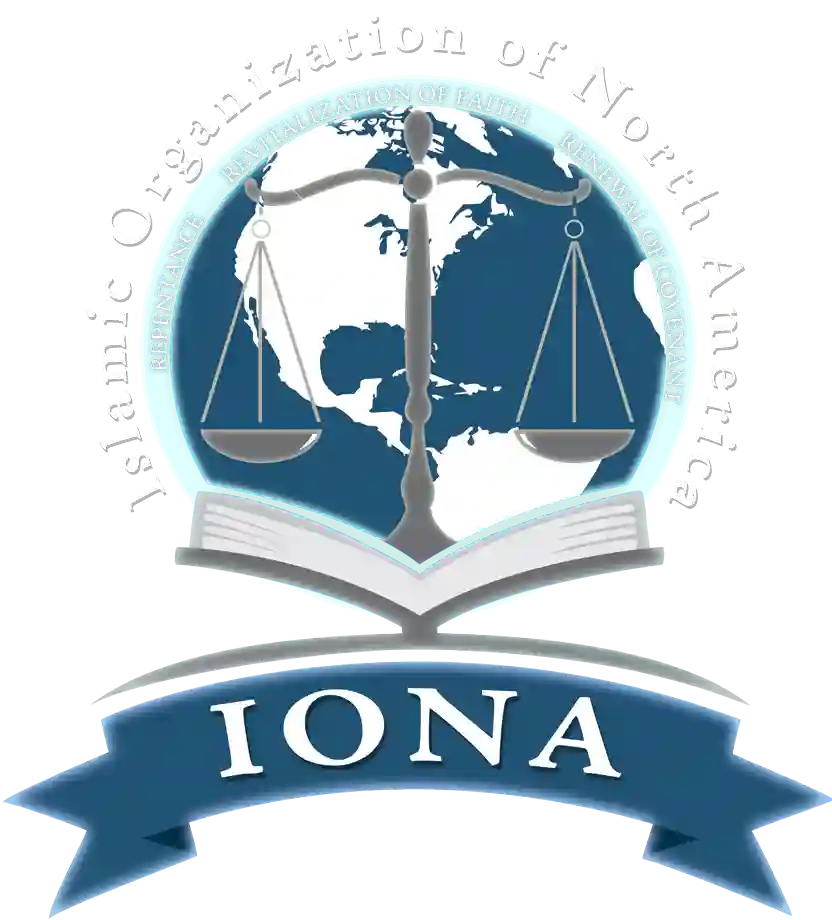After the spirits were created by the Divine Command “BE”, they were put to sleep and will soon begin their journey by leaving the “world of spirits” in the “world of the unseen” to join its assigned body in the “world of matter” for a specified time before returning back to its very origin. Thus, “The souls’ journey from its inception to eternity.”
Death in Islam is viewed as a transition from one world to another world. The first transition was from the world of command to the world of matter while the second transition is from the world of matter back to the world of command or the hereafter.
Prior to the creation of Adam (AS), Allah (SWT) informed the angels of His plan. “And (mention) when your Lord said to the angels, ‘I am about to create a mortal (bashar) out of dried clay and dark mud. So when I evolve him to perfection and blow My spirit into him (Adam), then fall down in prostration before him’” (al-Hijr, 15:28,29). All angels fell before Adam out of obedience to God and reverence and respect for Adam, “And the angels – all of them – fell down in prostration” (al-Hijr, 15:30).
According to the Qur’an, Adam went through six distinct stages before he matured and was ready to receive the spirit from Allah (SWT). The six stages are: water (21:30), dirt or dust (30:20), clay (23:12), sticky clay (37:11), dried clay and dark mud (15:28) and finally baked clay (55:14). This is the creation of the human body of Adam which consists of pre-existent materials. Upon completion of the creation of Adam, God blew into Him from His own Spirit. Therefore, the human soul is a composite of the body which is created from the crust of the earth, and the spirit that was created in the world of command. The body and the spirit are two independent conscious beings. One belongs to a higher form of creation, the spiritual realm; while the other belongs to a lower form of creation, the world of matter. “We created man in the finest state. Then We returned him (to the) lowest (of the) low” (al-Teen, 95:4,5).
It is that divine spark, the spirit which God attributes to Himself, that makes humans superior and above all of God’s creation, including angels. It is this divine spark that is the most important distinguishing factor surrounding the nature of man. In essence, we are spiritual beings living a human experience, in pursuit of spirituality.
The last three cycles, life on earth, death and resurrection are beautifully mentioned in the Qur’an, with emphasis on the creation of the human embryo. “And indeed, We created man from an extract of clay. Then We placed him as a Nutfah (sperm) in a firm resting place. We then made the Nutfah into an Alaqah, (a leech-like structure). Then of that Alaqah, We made a Mudghah (a chewed-like lump). Then We made out of the Mudghah bones and clothed the bones with flesh. Then We developed him into another creation. So blessed be Allah, the best of creators. Then after that you will die. And then, on the Day of Resurrection, you will be raised up again (al-Mu’minoon, 23:12-16).
It must be noted that prior to creating Adam and the human species, God created the universe with planet earth being the most perfect and suitable place for Adam and his progeny to inhabit. It is from the compounds and elements of the earth that the human body is created. When the animal being of man unites with the spirit it becomes a human soul or nafs.
We tend to use the word spirit (ruh) and soul (nafs), as interchangeable. However, there is a fundamental difference between the two. The ruh is a subtle spirit which resides in the heavens having no body form or human shape. It is unknown to us. We have very little knowledge concerning the nature of the ruh or spirit. When the human body, the jism or jasad (as it is sometimes called in the Qur’an) has the spirit blown into it, it then becomes a soul or nafs.
In order for the progeny of Adam to exist, Adam needs a mate. Although not much detail is given in the Qur’an regarding his wife, the Qur’an does mention that a ‘mate’ was created with Adam, from the same nature and soul. “It is He Who created you from a single soul (Adam), and made his mate of like nature, in order that he might dwell with her in tranquility” (al-“Araf, 7:189). Although her name is not mentioned in the Qur’an, according to the Islamic tradition she is known as Hawwa’ or Eve.Adam is the male partner and Eve is the female partner, indicative of the way Allah (SWT) creates; everything is created in pairs.“And of everything We have created pairs; perhaps you will take heed” (al-Zariyat, 51:49).
Out of the first human pair comes their offspring. “O People! Be mindful of (your duty to) your Lord, who created you from a single soul, and from it created its mate, and spread from both of them countless men and women” (al-Nisa’, 4:1). Both Adam, the father of all human beings, and Eve, the mother of all human beings, are responsible for the spread of countless men and women in the world. Of course, the offspring of Adam comes into being through the process of reproduction; the sexual activity of conceiving and bearing biological offspring. The soul begins its journey in the womb of the mother after conception.
IONA, 28630 Ryan Rd., Warren, MI 48092 | Tel: 586-558-6900 | E-mail: center@iononline.org
End

